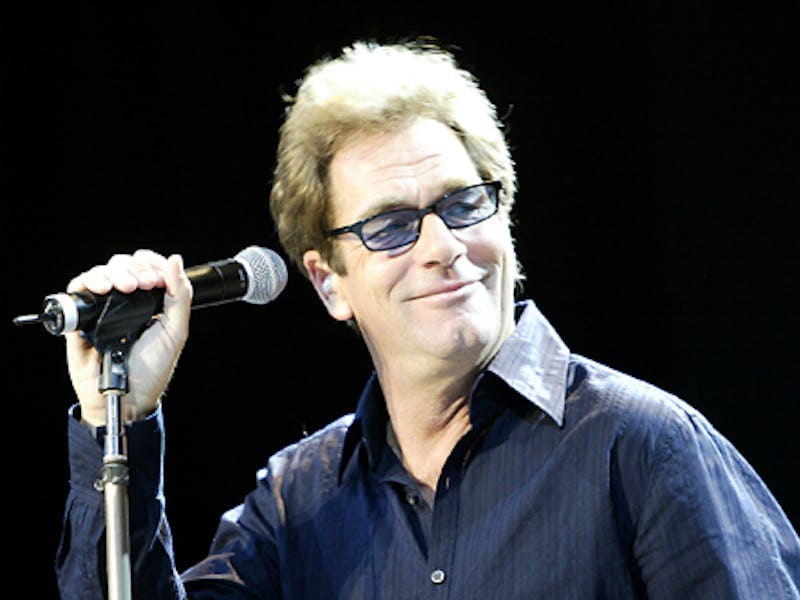Huey Lewis Cancels 2018 Tour Because of Lost Hearing from Ménière's Disease

Losing the ability to hear is arguably the most heartbreaking illness that could befall a musician. That’s what made it so tragic when Huey Lewis, beloved singer of “Cruisin” and “Power of Love,” announced on Twitter on Friday that he had “lost most of his hearing” and would have to cancel the rest of his tour with his band, the News.
Lewis explained in his tweet that he had lost most of his hearing two and a half months ago, making it impossible for him to “find pitch” and therefore unable to perform. He also noted that the lower frequencies of sound — low, bassy sounds — “distort violently.” Experts have told him that he has Meniere’s disease, and as such, he says, “I can’t perform until I improve.” It’s not clear whether he will ever recover fully: Ménière’s disease is a little-understood illness that causes approximately episodes of vertigo, hearing loss, tinnitus, and a strange sensation of fullness in the ear, according to the American Academy of Otolaryngology. Those episodes can last 20 minutes to 4 hours, and after many months or years of the disease, hearing loss can become permanent.
It’s not clear what causes Ménière disease, but the AAO thinks it’s the result of having too much fluid in the inner ear. That, in turn, can be caused by a variety of reasons, like overproduction of natural ear fluids or an inability to reabsorb excess liquid. The inner ear’s semicircular canals are naturally filled with fluid, and they are integral to keeping a person’s sense of equilibrium, or balance. Shifts in the amount of that fluid can seriously mess with a person’s sense of balance as well as other functions of the ear.
There is no cure for Ménière’s disease, but there are ways of treating the symptoms so they interfere with daily life as little as possible. The vertigo is treated with diuretic medication and a low-salt diet, both of which are thought to prevent water buildup in the body, which in turn should reduce the dizziness-causing pressure of fluid building up in the ear, though the evidence on this is inconclusive. Since the disease is thought to be caused by fluid in the inner ear, reducing the amount of fluid there (sometimes through surgery) is the best bet for reducing the other symptoms, like hearing loss and tinnitus, though there’s no guarantee any of these interventions will work.
Lewis optimistically said in his tweet that he would “concentrate on getting better, and hope that one day soon I’ll be able to perform again.” At age 67, Lewis is a little outside the normal age range for the first onset of Ménière’s disease, which is between the ages of 20 and 50 years, but he’s young enough that he could still have many years ahead of him in his career.
Lewis’ diagnosis is heartbreaking, but it might be encouraging to consider that there have been some very accomplished musicians with hearing impairment: Ludwig van Beethoven famously started losing his hearing at age 25, Neil Young suffers from tinnitus, and Phil Collins has partial hearing loss in his left ear and now uses hearing aids to perform.